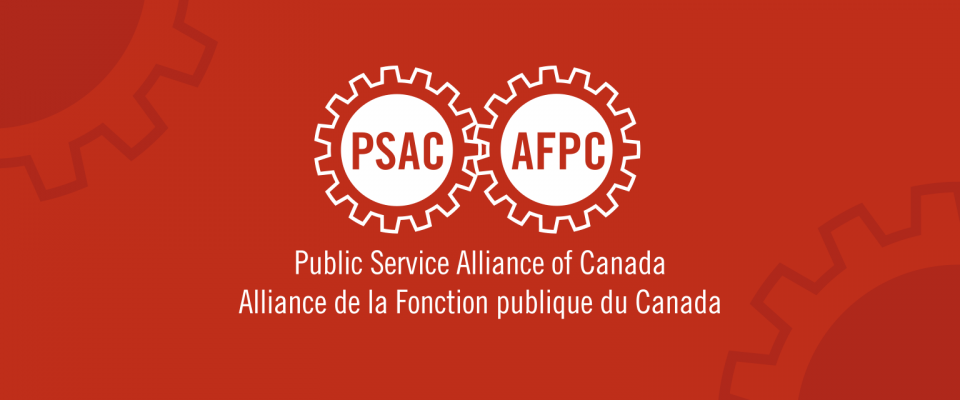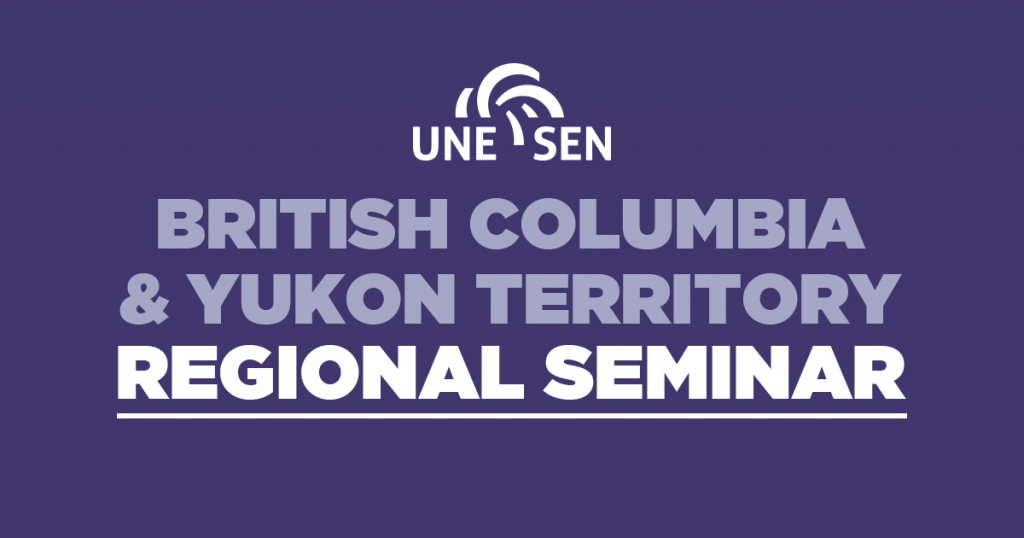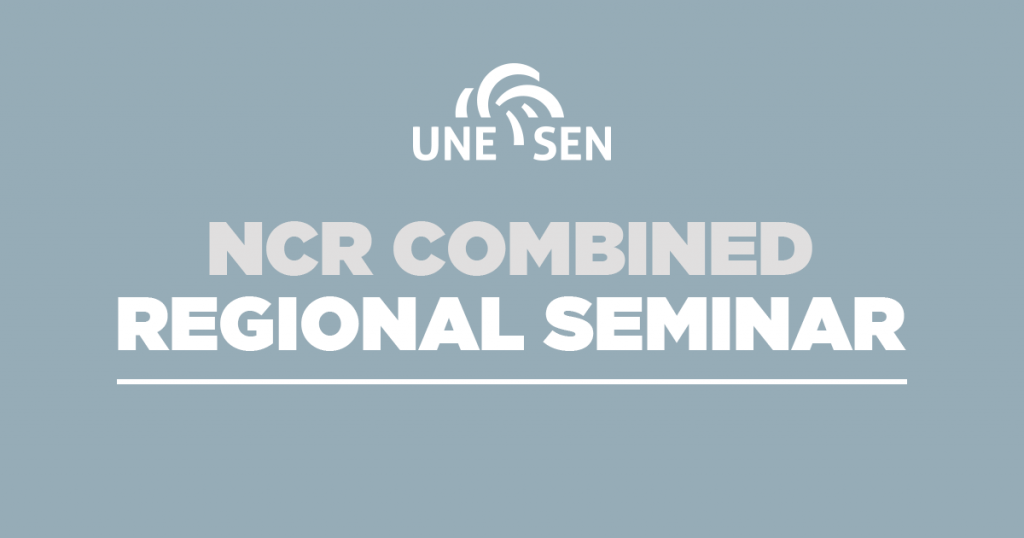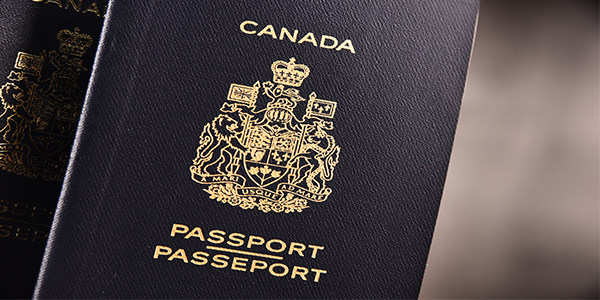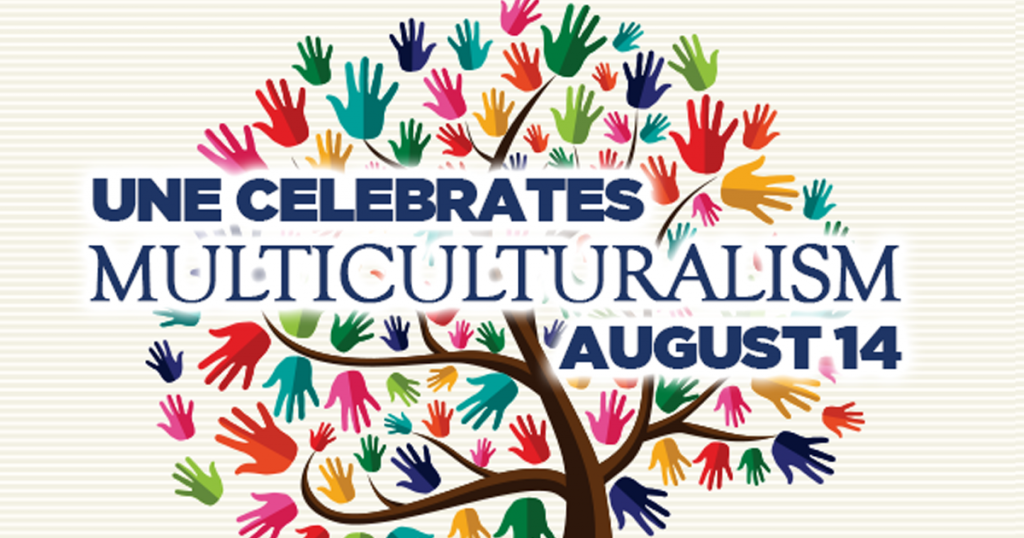
April 12, 2023
Last weekend, members in the TB and CRA bargaining units received an email asking them to sign up to register for e-transfer for strike pay. Here’s what you should know about registering for Interact e-transfer.
Q: I received an email with the subject line: Strike pay: sign up for e-transfer. Is this an official email from PSAC?
Yes. This is an official email from PSAC, to ask you to register for strike pay to be transferred securely through e-transfer with your personal e-mail address. The email is unique to each member and linked to their individual PSAC ID. It cannot be forwarded to other members.
Q: If I do not provide an e-mail address for an e-transfer, will I continue to receive strike pay?
Yes, you will still receive strike pay. If we do not have your consent and preferred e-mail address, your strike pay will be processed by cheque and distributed to the PSAC region you are in to pay you when you are on the picket line with PSAC members.
Q: I deleted the email by accident, what should I do?
Nothing. If you received the email, that means you are already in our membership database, and we will be re-issuing the email on Thursday, April 13 for members who have not yet signed up.
Q: I did not receive this email, what do I do?
This means we may not have your personal e-mail address to communicate with you. You can add your email through PSAC’s member portal. You will not be able to use an email that was forwarded to you by another member because the original email is unique to each member and linked to their individual PSAC ID.
Q: Can my regional office re-send the e-mail directly to me?
Yes, Regional Office staff can re-send emails directly. We strongly encourage members to have updated contact information through the member portal.
Visit our member portal to keep your contact information up to date.
Q: What is strike pay?
For more about Treasury Board bargaining and strike pay, check our FAQ about Treasury Board Bargaining.
Source: Receive your strike pay via Interac e-transfer | Public Service Alliance of Canada (psacunion.ca)

